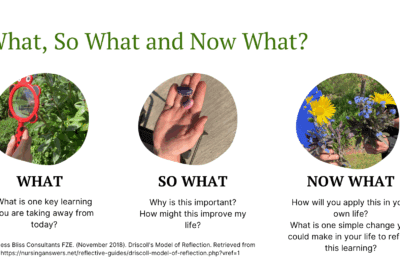RESEARCH
A feasibility study on indoor therapeutic horticulture to alleviate sleep and anxiety problems: The impact of plants and activity choice on its therapeutic effect
Summary
This feasibility study investigated the impact of indoor therapeutic horticulture (TH) on sleep and anxiety problems, exploring whether plant and activity type affect its effectiveness. Thirty participants with sleep problems (half with anxiety) were randomly assigned to three groups, engaging in horticultural activities using either ornamental plants, general aromatic plants, or aromatic plants with reported mental health functions. Over two weeks, participants engaged in six TH activities, and psychological scales, subjective feedback questionnaires, and physiological indicators were used to evaluate outcomes before and after each activity.
The study found that TH relieved subjects’ sleep and anxiety problems, particularly alleviating anxiety among those with high anxiety levels. Ornamental plants were more effective in relieving stress, while functional aromatic plants performed better in sleep improvement and overall satisfaction with TH. Each horticultural activity improved mood, but effects on vitality varied. The researchers concluded that plant and activity selection should be based on specific psychological care needs in TH plans, suggesting further research with a larger sample size is warranted.







